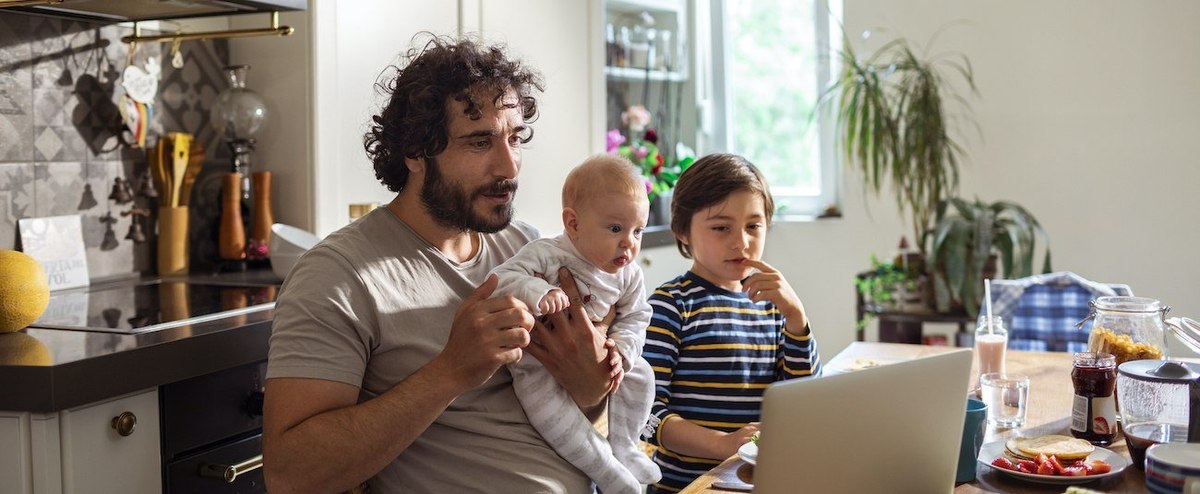Poles are big fans, but Western Europeans tend to be sceptical
Father’s Day is a time for children and adults alike to let their fathers know how much they mean to them. But are people prompted to say thank you to their patriarchs by the spirit of the day itself, or because they are being bombarded by companies telling them to express their affection through the medium of buying things?
A new YouGov survey in 18 countries and territories shows a mixed picture regarding Father’s Day. We asked more than 19,000 people whether they thought Father’s Day is celebrated more because it is a ‘proper’ special occasion, or if it was an occasion that people wouldn’t celebrate if it weren’t for pressure from commercial entities like greetings card companies.
Polish people are especially likely to say that Father’s Day is celebrated nationally for the right reasons, at 78%. Only 13% see the time of tribute to their fathers as too commercialised.
Online Chinese respondents are second most likely to feel Father’s Day as something that is still celebrated on its own terms (59%) rather than because of commercial pressure. Urban Indians come third (55%), followed by Emiratis and Canadians (both 53%).
Belief that Father’s Day is still being celebrated as a ‘proper’ special occasion is generally lower in the West, and particularly in Western Europe. Danes are the most cynical, with 62% saying they think that entities like greeting card companies are the driving force behind the celebration these days, compared to only 24% who disagree.
Most Germans, Swedes, Britons, Italians, Spaniards are sceptical about people’s motivations on Father’s Day, as are half of French people (50%, vs 40% who still think it is celebrated legitimately). In the USA, the half of people (51%) who still think that the paternal parade is marked for traditional reasons outnumber the third (36%) who see it as a commercialised celebration.
The results show that women tend to be more likely than men to think Father’s Day is celebrated as a ‘proper’ special occasion, rather than being a commercialised event. This gap is particularly large in the UAE, where almost two thirds of women (65%) see it as a ‘proper’ event, compared to 47% of men.









